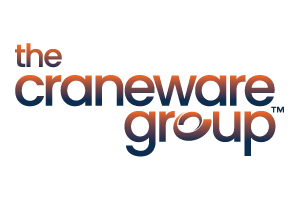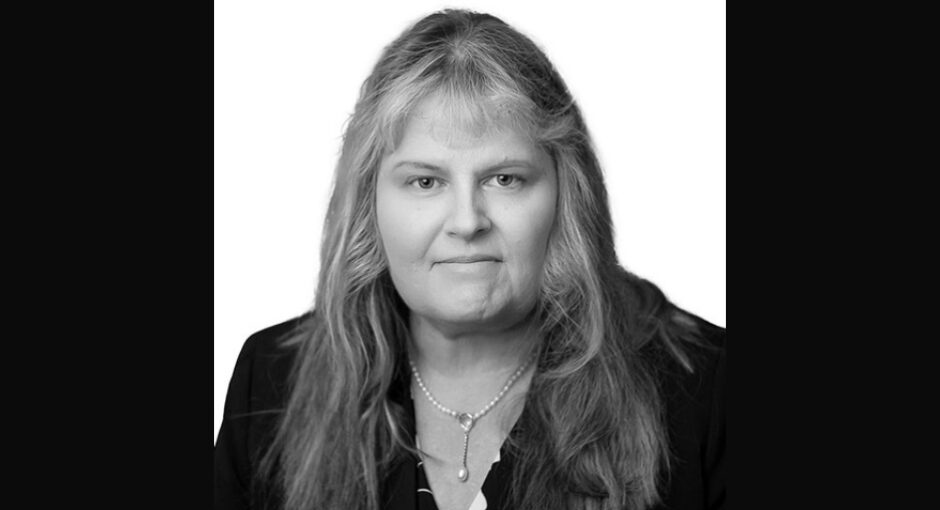SPONSORED CONTENT
Recent surveys confirm what those of you reading this know painfully well: Hospital and clinic pharmacies are struggling from the restrictions drug manufacturers are placing on 340B pricing at contract pharmacy sites. As the 340B world awaits another batch of court rulings and hopes for the best, the exclusions are harming patients’ ability to access vital medications and safety net services and delivering a serious blow to hospital and other 340B covered entity finances.
Healthcare providers can’t wait around and count on help from the courts, Congress, or the Biden administration. They need options, now, to restore their margins and ensure they can continue to serve their most vulnerable patients.
At The Craneware Group, we’ve been writing about ways covered entities can regain ground lost to the drug manufacturers and their unlawful actions. We’ve also been evaluating the utilization of biosimilars. By closely examining the 19 manufacturers restricting 340B pricing from contract pharmacies, we submit that biosimilars present covered entities with opportunities to continue to provide high-quality care while reducing costs.
A Growing Opportunity
For years, health systems and other 340B providers have turned to generic drugs to maintain access to affordable care. Now, biosimilar versions of biologic drugs present a growing opportunity to broaden access to effective medications while maintaining good patient outcomes.
Biologics, which come from living organisms and are difficult to manufacture, are typically very expensive. Despite comprising just 2% of all prescription drugs in the U.S., biologics eat up 43% of medication spending, an IQVIA report found.
Biosimilars, on the other hand, represent an estimated savings of 30-40% off the originator biologic prices. As of December 2022, the FDA had approved 39 biosimilars, though at least 12 were not yet available on the market. IQVIA estimates that the expanding availability and use of biosimilars was on track to deliver more than $100 billion in savings by 2024.
Our own analysis of FDA data suggests there are some biosimilar alternatives — including insulin — that are currently available for biologics subject to the 340B contract pharmacy exclusions. Several more have received FDA approval and should become available soon.
It’s important to note that many biosimilars are produced by some of the same manufacturers withholding 340B pricing from contract pharmacies. For example, Amgen, which enacted its limited distribution model effective Jan. 3, 2022, makes several biologic agents but also biosimilars including Avsola, Kanjinti, Mvasi and Riabni. But even at WAC pricing, the biosimilars from these companies should still be cheaper than the reference product.
Resistance to Change
The challenge with biosimilars is partly one of inertia. The first approval of a biosimilar in the United States came as recently as 2015, so many patients, and even some physicians, are not familiar with them. Clinical staff may also be resistant to change. There are also different payer and pharmacy benefit manager formularies to consider, and your P&T committee will also want to weigh in.
But covered entities should give serious consideration to their use. To win approval, biosimilars must exhibit no clinically meaningful differences from the FDA-approved reference biologic product and be just as safe and effective. They are subject to an abbreviated FDA licensure pathway to help keep costs down and bring them to market more quickly. Biosimilars also align with the Institute for Healthcare Improvement’s quintuple aim to advance health equity.
A good place to start is to identify the use of biologics at your facility — especially those covered by the contract pharmacy exclusions — and look for opportunities to substitute biosimilars in collaboration with your pharmacy and therapeutics committee. You should also identify the service lines and prescribers using biologics most often to determine who may need additional clinical information or convincing to adopt biosimilars. Finally, evaluate the differences in the biosimilars available to decide which products make sense for your facility.
The Craneware Group offers many more practical tips for adopting biosimilars in a new eBook, which you can find here.
You can also find more information at Purple Book, the FDA’s searchable database of licensed biologic products, including biosimilars and interchangeable biosimilars.

Bonnie Labdi PharmD, BCOP, is Principal, Oncology at The Craneware Group. She can be reached at blabdi@sentryds.com.




